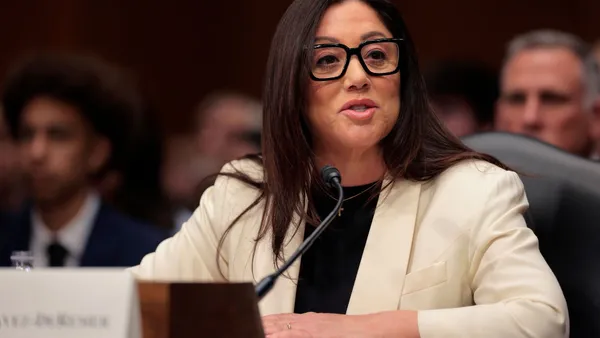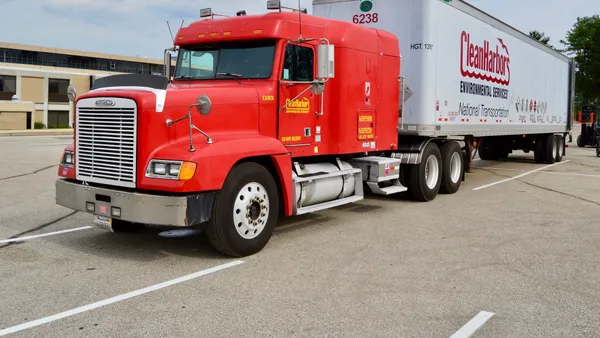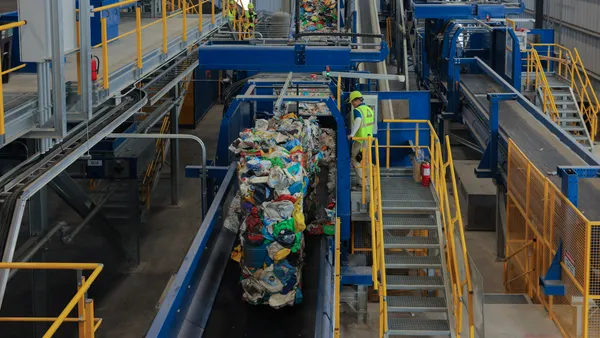Dive Brief:
- A new report from In the Public Interest (ITPI), a research and policy center, aims to give municipalities a "best practices" guide for contracting with private waste haulers. Recommendations were based on the analysis of contracts from 10 cities that responded to open records requests and represented a diverse sampling.
- The analysis was based on four main categories at the center of municipal relationships with private haulers. "Municipal control" looks at factors such as clear pricing, detailed disposal plans and fleet standards. "Good management" covers complaint resolution and consequences for performance issues. "Workforce stability" includes labor requirements. "Environmental protection" details education, waste audits and routing requirements.
- ITPI recognized that the 10 contracts were not directly comparable and each had their own pluses and minuses. Overall, the report recommended that municipalities consider more than just price when negotiating new contracts and "avoid evergreen contracts that allow for automatic renewals and thus give one company a monopoly over the public service."
Dive Insight:
While this report takes the stance that municipalities should establish specific terms to protect their financial and environmental interests, this can also be beneficial for haulers as well. Whether it's an unexpected facility closure or a labor shortage, it's important to have provisions in place for unforeseen circumstances. ITPI also believes that more well-defined terms can help incentivize companies that are already doing good work.
"High standards means you don’t have to compete against companies that cut corners. When contracts are only based on prices sometimes there’s a race to the bottom," Donald Cohen, executive director of ITPI, told Waste Dive. “High standards advantages the best companies, it makes the companies that aren’t as good better and you’re clear."
Cohen said that if these types of detailed standards are included, and municipalities maintain agency throughout the process, he could also see the benefits of long-term contracts. The most recent example of this is the stringent commercial waste franchise agreement currently being finalized in Los Angeles. Some companies decided to exit negotiations because they weren't willing or able to meet the terms, but others have chosen to take on the challenge for the potential of long-term commercial accounts.
The details may vary on a case-by-case basis, but as it becomes more common for municipalities to contract out their waste services it will be important to make sure expectations are clear to protect all involved.













